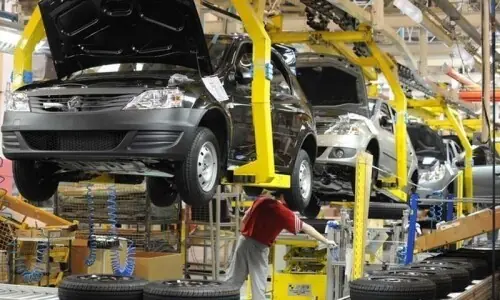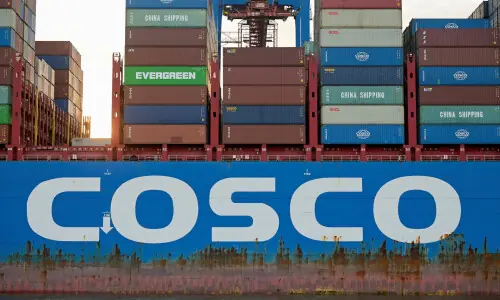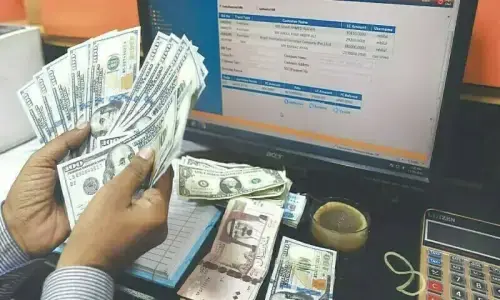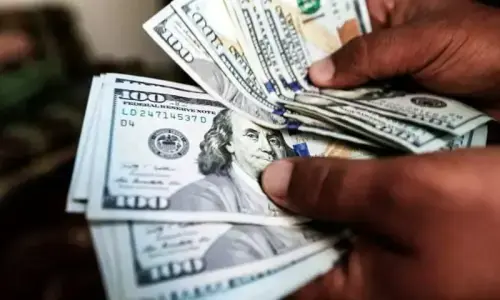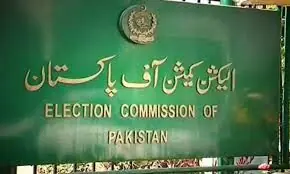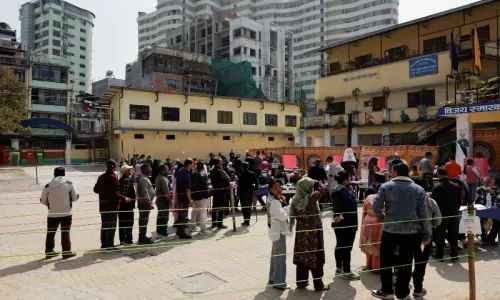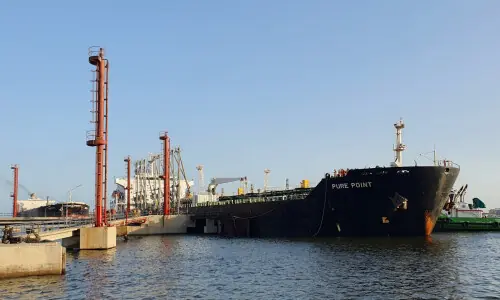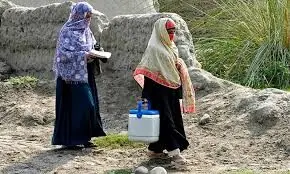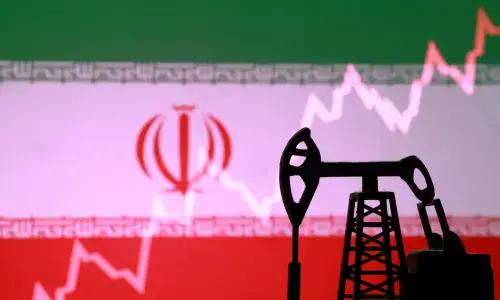Exactly five years ago, in February 2012, the previous government finalised a national transport policy — when Dr Nadeem-ul-Haque was deputy chairman of the Planning Commission — saying it would reverse a colossal loss of 3.5pc of GDP that Pakistan was incurring due to poor transport infrastructure.
The PPP government was already moving towards the elections.
The policy could not be approved and was shelved as the PML-N embarked on its signature infrastructure projects such as the Orange Line, Green Line etc and motorways as part of the China Pakistan Economic Corridor. But now the much delayed national transport policy appears to be an imperative.
Exactly five years down the road, the planning commission, under Professor Ahsan Iqbal, has kicked off a two-year project to ‘formulate the National Transport Policy and Master Plan’. The Department for International Development (DFID) of the British government would extend a $15.4m ‘assistance’ to be administered by the Manila-based Asian Development Bank.
“Inefficiencies in the performance of the transport sector costs Pakistan’s economy 4-6pc of GDP”
— Werner E. Liepach, ADB Country Director
The government is entering the election mode again. In the meantime, transport related losses are estimated to have almost doubled. “Inefficiencies in the performance of the transport sector costs Pakistan’s economy 4-6pc of GDP”, said Werner E. Liepach, ADB Country Director.
There are no two opinions that all possible means of transportation are either generally in a ‘bad-to-worse’ shape or non-existent including railways, roads, ports and shipping, aviation, inland waterways and logistic services.
Lenders and the planning commission agree that while infrastructure related challenges were being addressed in a piecemeal fashion, “there is a strong need for such infrastructure investments to be backed by institutional improvements and policy interventions”.
The National Transport Policy will cover railways, roads, ports and shipping,
aviation, and logistics services and attempt to create a safe, efficient and sustainable transport system to realise Pakistan’s Vision 2025: one that cuts travel time and costs and also positions the country as a regional hub for trade and business.
The key theme is expected to open up the entire transportation sector and its services — rail, road, air, ships, ports, airports and waterways — to the private sector under an integrated master plan
The Planning Commission, the ADB and the DFID promised last week that the policy will formulate a holistic vision and prioritise the action plan to upgrade the transport sector. It will offer long-term opportunities for all transport modes: improve road safety programmes, road asset management systems, scale up resources for better road design and maintenance, and support multimodal transport to facilitate trade within Pakistan and with its neighbouring countries.
The key theme is expected to be to open up the entire transportation sector and its services — rail, road, air, ships, ports, airports and waterways — to the private sector under an integrated master plan.
This would cover issues across the different modes and levels of government including pipelines, urban and rural transport, transport services etc apart from logistics, customs and inter-modal services.
The government concedes that 95pc of all passengers and freight transportation was through roads, instead of rail while the unorganised private trucking and passenger services were adding to the high cost of domestic trade as trade with bordering countries remained negligible.
Unless the maintenance of roads and related infrastructure is financed through user charges, public finances for the purpose will always remain a challenge.
All projects should be subject to rigorous assessment of cost-benefit and alternatives analysis, instead of being dream projects.
The role of the private sector and public-private participation (PPP) in infrastructure, finance and service provision has to be pushed forward on merit and economic viability and not to avail foreign funding options.
Railways need to be operated purely on commercial lines and the growth focus should be on freight. The culture of subsidies, whether it is in the form of mass transit trains or coal transportation, should end.
The domestic aviation and shipping industry continues to be in a poor condition — no airport matching modern international standards and no airline worth mentioning among the global carriers — while more than 85pc of the sea-trade being carried out by foreign ships at ports is incapable of handling international operators or providing even maintenance services.
Published in Dawn, Business & Finance weekly, February 13th, 2017


